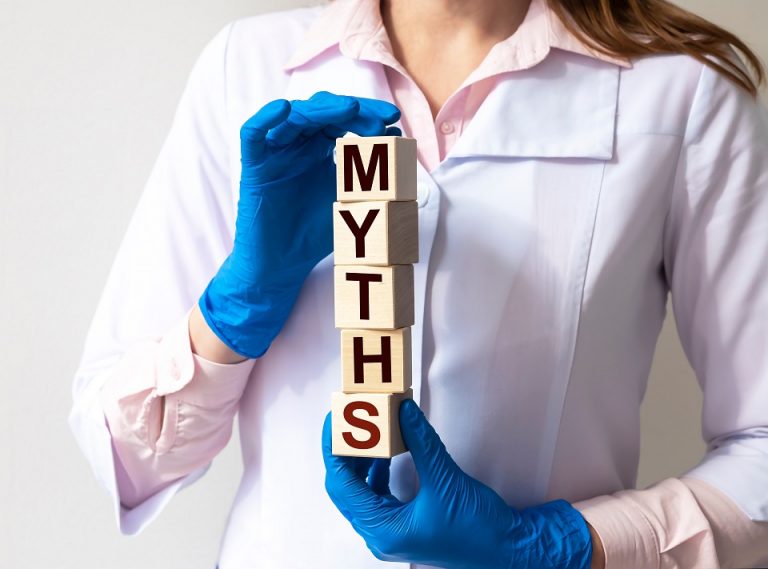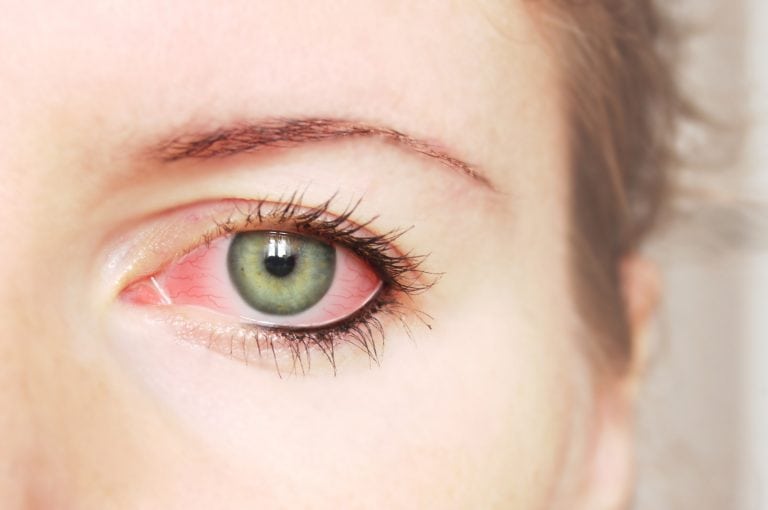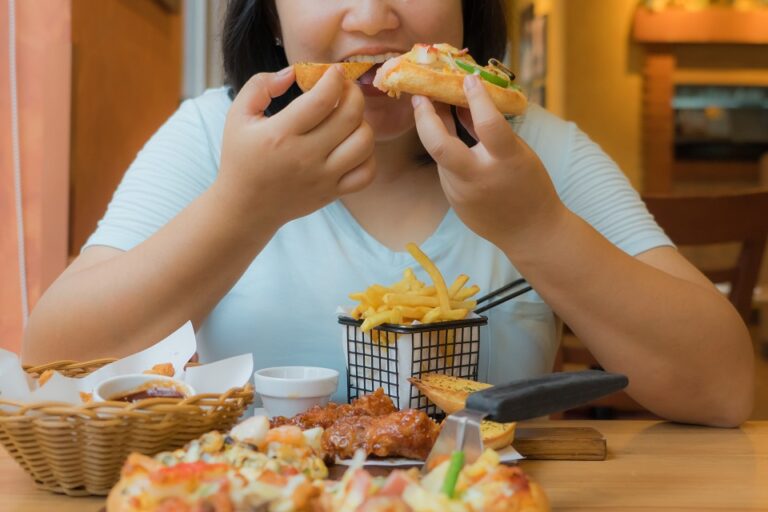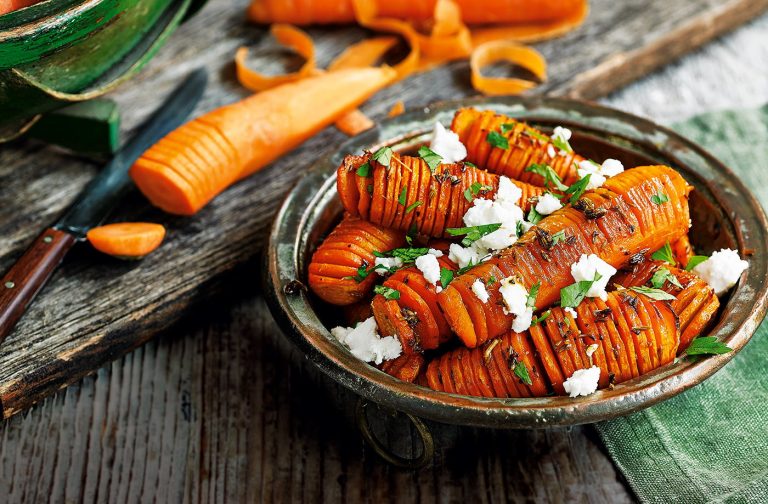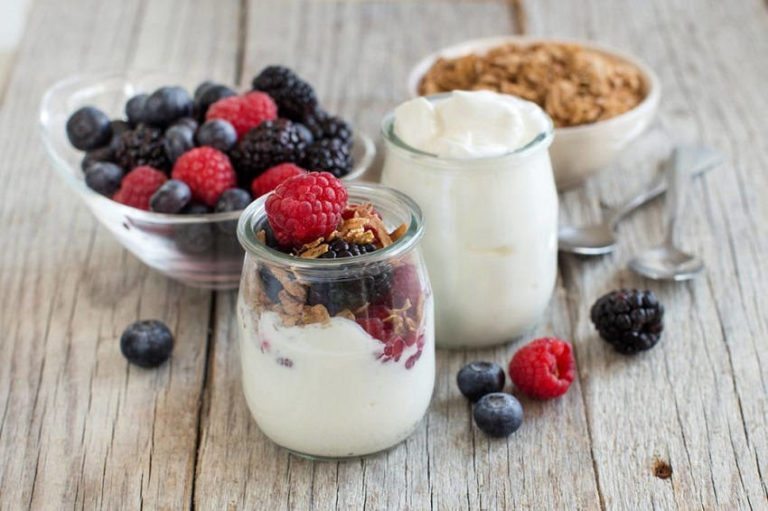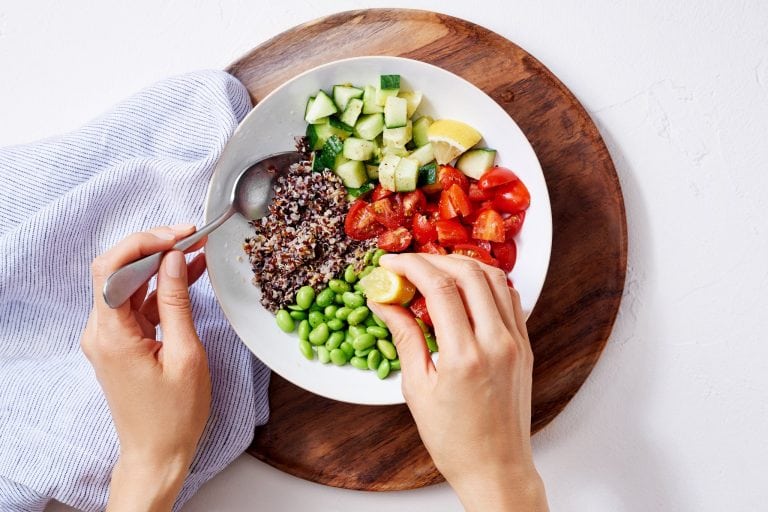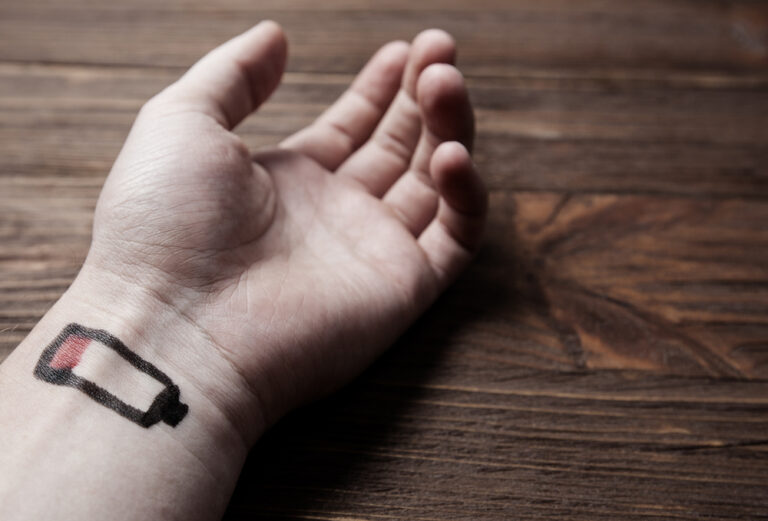
It seems little is more complicated or contradictory than diet advice these days. Ask 20 people about the best diet and you’ll get 25 different opinions. So to help you separate fact from the fiction and get answers to your burning questions, we asked nutrition experts about the questions they get asked the most and what they really want you to know.
Do I have to cut carbs to lose fat?
Demonizing carbs is popular in the diet industry these days and high-fat diets are touted as the best way to burn fat, but while this may work in some cases it’s not the whole story, says Rachel Fine, a Registered Dietitian Nutritionist . “Yes, fat oxidation (burn) will increase if the majority of one’s dietary calories are coming from fat, however, the increase is accompanied by a subsequent increase in fat stores,” she explains. “Biologically, the body prefers to burn carbohydrate, especially in the presence of physical activity. Fat and carbs go hand in hand—the metabolites produced from carbohydrate metabolism are needed for fat metabolism.”
Bottom line: To reach and maintain a healthy weight, bodies need a balance of carbohydrates, protein and fat. When it comes to carbs, she suggests choosing minimally processed plant-based sources like whole grains, legumes, nuts and seeds.
Is sugar really the worst?
Sugar isn’t the horrible thing many people make it out to be, but it definitely needs to be eaten in moderation, Fine says. “Technically, sugar is the simplest form of one of the major macronutrients: carbohydrates. Carbs are critical for the body, providing the most efficient form of fuel,” she explains. The problem starts when sugar is ultra-refined, processed and added to other foods (i.e. high fructose corn syrup), but sugars found naturally in whole foods like fruit and dairy are just fine, she says.
Bottom line: Reducing the amount of added sugars in your diet is key, she says. Read the nutrition labels, as they are now required to show what type of sugar is in food.
What diet will help me lose weight the fastest?
This is a trick question, says Julie Cunningham, MPH, RD, and certified online diabetes educator. Why? People need to stop seeing a “diet” as something they start and stop and quit focusing on fast weight loss, she says. “An extreme diet is likely to be short-lived and result in a short-term weight loss with even more weight regained after the diet ends,” she explains.
Bottom line: Focus on making healthier food choices a permanent change in your lifestyle, not a short term “diet” that you’ll quit when the scale gives you the number you want, she says.
Should I try the keto diet?
“I get this question all the time these days but the answer depends entirely on the ‘how’ and the ‘why’,” says Laura Acosta, RD, lecturer in dietetics at the University of Florida. “Overall, I think that a truly ketogenic diet [one that gets 70 percent or more calories from fat and has so few carbs that it sends the body into a state of perpetual ketogenesis] is extremely restrictive and difficult to sustain long-term. However, there are many ‘pseudo-keto’ diets that are low-carb, but not actually ketogenic and these are potentially easier to sustain,” she explains.
Bottom line: There are conditions for which a true ketogenic diet is entirely appropriate—for instance, it’s been proven in gold-standard studies that it can help control seizures in pediatric epilepsy. However, if your goal is weight loss, there are far less extreme measures you can use that to help you lose weight without putting your body through so much stress, she says.
Is fruit fattening?
Many popular diet plans these days tell people to only eat “low sugar” fruits like berries, or restrict fruits entirely. But is it really true that bananas are diet busters? “I get this question all the time,” says Kimberly Gomer, a Registered Dietitian Nutritionist. “I always reply, ‘Do you really think so many people struggle with weight because they eat too many bananas?’,” While people who have trouble with high blood sugar or are insulin resistant, such as diabetics or those with PCOS, may need to watch the even natural sugars in some fruits, most people can eat a banana every day without worry, she says.
Bottom line: Fruits are whole foods. While they do contain sugar it comes with lots of fiber which slows digestion, as well as important vitamins and minerals. Think about reducing added and processed sugars from your diet before you worry about fruit, she says.
I worked out for an hour so now I can have whatever I want for dinner, right?
“I run for cake” may be cute on t-shirts, but diet math is often more complicated than that, Gomer says. For instance, the “calories burned” displayed on exercise machines is often highly inaccurate. In addition, people are notorious for underestimating how much they eat and overestimating how much they exercise. “We sometimes think we can make up for unhealthy food choices by exercising, but that can lead to exercising too much which can cause injuries and increase your hunger,” she explains. “It’s just way too easy to out-eat your exercise.”
Bottom line: “If your goal is to lose weight then you need to create a caloric deficit,” she says. “The best way to do this is to focus on healthy food choices and a sustainable plan that includes exercise but doesn’t rely on it to cut calories.”
How many calories do I need to eat lose weight?
Slashing your daily intake of food to the “recommended” 1200 calories you see in many diet plans will make you lose weight fast. Unfortunately, it will also likely leave you starving, grouchy and ready to fall off the wagon the second you see a cupcake. Caloric needs are very individual, and it’s worth your time to figure out yours, says Charlie Seltzer, MD, a weight-loss physician and exercise physiologist in Philadelphia. “The simple answer is if you want to lose weight then you need to eat less than you’re eating now,” he says. Equations that take into account your gender, height, weight, age and activity level can give you a ballpark number, but don’t stop there—track your food and note how your weight responds, he says.
Bottom line: “I recommend tracking all your food for a week, then cutting 5 to 10 percent of those calories,” he says. “You’ll have more success by tweaking your current diet, not by trying to completely overhaul it.”



